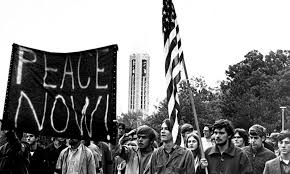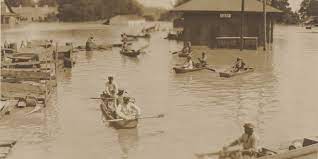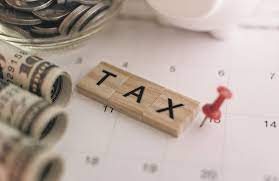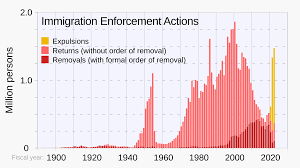In the tumultuous year of 1969, the United States was deeply embroiled in the Vietnam War, a conflict that had sparked widespread opposition and resistance among the American public. The anti-Vietnam War demonstrations that took place in 1969 were a powerful expression of dissent, activism, and solidarity against a war that had divided the nation and fueled a growing sense of disillusionment and unrest.
The Vietnam War, which had been escalating since the early 1960s, had become increasingly unpopular among many Americans who questioned the rationale, morality, and costs of the conflict. As the war dragged on and casualties mounted, opposition to the war grew, fueled by images of violence, destruction, and suffering that were broadcast into living rooms across the country. In 1969, anti-war sentiment reached a fever pitch as protests, demonstrations, and acts of civil disobedience swept across the nation.
One of the most iconic anti-Vietnam War demonstrations of 1969 was the Moratorium to End the War in Vietnam, a nationwide day of protest and activism that took place on October 15. Organized by a coalition of anti-war groups, the Moratorium brought together millions of Americans in cities and towns across the country to call for an immediate end to the war and a withdrawal of U.S. troops from Vietnam. The Moratorium included peaceful marches, rallies, teach-ins, and other forms of nonviolent protest, drawing attention to the human costs and moral implications of the war.
The anti-Vietnam War demonstrations of 1969 also included a series of high-profile protests and acts of resistance that captured the attention of the nation and the world. In November, the Vietnam Moratorium Committee organized a massive demonstration in Washington, D.C., that drew hundreds of thousands of protesters to the nation's capital to demand an end to the war. The demonstration included a march to the White House, where protesters called on President Richard Nixon to bring the troops home and pursue a peaceful resolution to the conflict.
The anti-Vietnam War demonstrations of 1969 were not limited to large-scale protests in Washington, D.C., and other major cities. Across college campuses, communities, and military bases, anti-war activists and ordinary citizens organized rallies, sit-ins, and other forms of protest to express their opposition to the war and demand change. Students, teachers, veterans, and religious leaders joined together in solidarity to speak out against the war and call for a new path forward based on peace, diplomacy, and justice.
The anti-Vietnam War demonstrations of 1969 had a profound impact on American society and politics, galvanizing a broad-based movement for peace, justice, and human rights that transcended traditional boundaries of age, race, and ideology. The demonstrations brought together diverse groups of people who shared a common commitment to ending the war and building a more just and equitable society. The protests also put pressure on political leaders to reconsider their policies and actions in Vietnam, leading to a shift in public opinion and a reevaluation of the war's costs and consequences.






